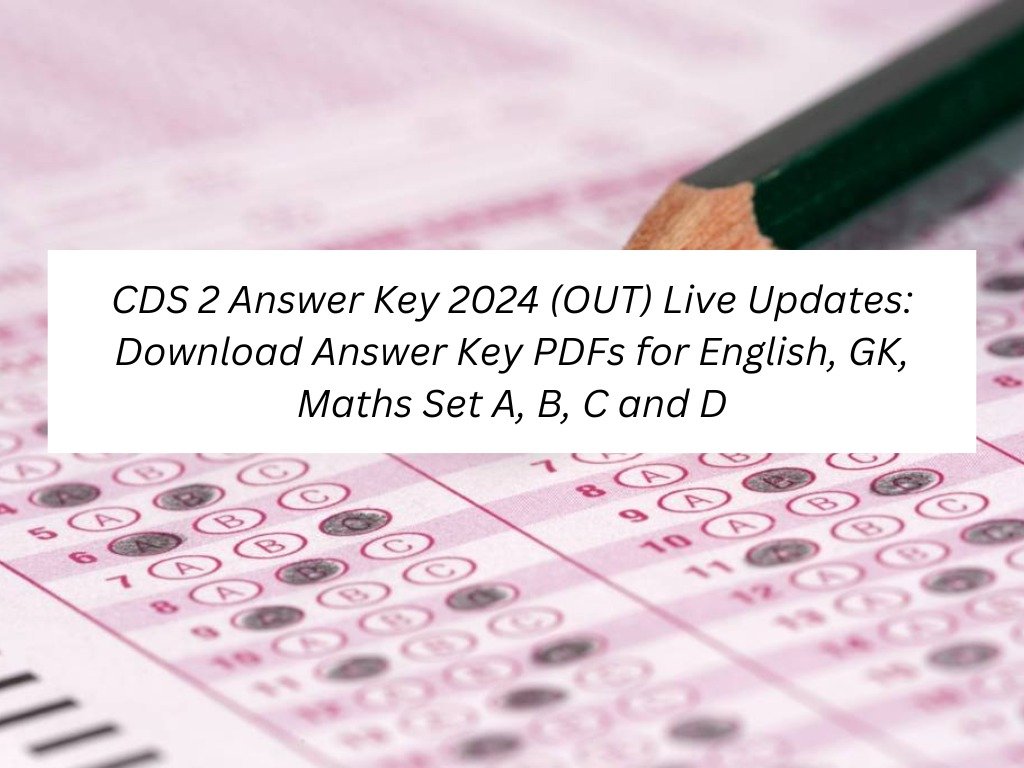EduGrad – Explore UGC-Approved Online MBA in India
Explore Over 100+ Online Universities


























































#AapkiSuccessHamariPriority
How to Become a Collector
In India, the term “Collector” refers to the District Collector or District Magistrate (DM) — one of the most prestigious administrative positions in the country. The Collector is responsible for the overall administration, law and order, and development of a district. If you’re dreaming of holding a position of real power and making a difference, becoming a Collector could be the perfect career goal.
But how do you actually become one? Let’s explore the complete journey — from eligibility to exams to what life looks like after becoming a Collector.
🎓 Step 1: Educational Qualification
To become a Collector, you must first complete your graduation from a recognized university. It can be in any stream — Arts, Commerce, Science, or even Engineering and Medical. There is no minimum percentage required.
Pro Tip: While graduation stream doesn’t matter, subjects like Political Science, History, Economics, and Sociology can help in UPSC preparation.

🧾 Step 2: Understand the Role of UPSC
The Union Public Service Commission (UPSC) conducts the Civil Services Examination (CSE) every year, and it is through this exam that you can become an IAS officer — the route to becoming a Collector.
Key Facts:
- The exam has 3 stages:
Prelims (Objective)
Mains (Written)
Interview (Personality Test)
- After clearing all stages and ranking high, you get selected into the IAS cadre.
Based on your rank, cadre preferences, and vacancies, you are posted as an IAS officer, eventually rising to become a District Collector.
📅 Step 3: Age Limit and Attempts
- Minimum Age: 21 years
-
Maximum Age:
General: 32 years
OBC: 35 years
SC/ST: 37 years -
Number of Attempts:
General: 6
OBC: 9
SC/ST: Unlimited (within age limit)
📚 Step 4: Prepare for UPSC Examination
The UPSC syllabus is vast and requires deep understanding and strategic preparation.
📖 Subjects to Study:
- Polity & Governance
- History & Culture
- Geography
- Economy
- Environment
- Current Affairs
- Ethics, Essay, and Optional Subjects in Mains
⏱️ Timeline:
- Preparation usually takes 1.5 to 2 years.
- Coaching can help, but self-study + the right guidance is the key.
🪜 Step 5: Clear the UPSC Exam & Training
Once you clear the exam:
- You join the Lal Bahadur Shastri National Academy of Administration (LBSNAA) for training.
- As a Junior IAS Officer, you will be posted as a Sub-Divisional Magistrate (SDM) or Assistant Collector.
- With experience and promotions, you eventually become the District Collector.
🔁 Step-by-Step Recap: How to Become a Collector
- Finish your graduation
- Apply and prepare for UPSC CSE
- Clear Prelims, Mains, and Interview
- Get selected for IAS
- Undergo IAS training at LBSNAA
- Serve as SDM, then promoted to Collector
🧠 Skills Required to Become a Collector
- Strong leadership
- Decision-making abilities
- Crisis management
- Communication and interpersonal skills
- Deep understanding of governance and policies
💼 What Does a Collector Do?
A Collector is responsible for:
- Revenue collection
- Law and order
- Disaster management
- Election duties
- Implementation of government schemes
- Coordination of district departments
The job is intense but deeply rewarding.
💰 Salary and Perks of a Collector
- Basic Pay: ₹56,100/month (Level 10) at entry level
- Collector Pay (after promotion): ₹78,800 to ₹2,18,200/month
-
Perks:
Official bungalow and car
Domestic staff
Travel allowance
Job security and pension
Respect and status in society
👨👩👧👦 Life of a Collector
Collectors often work long hours and manage emergencies at odd times. But they are also directly connected to the ground-level impact of government schemes. It’s a high-responsibility and high-impact role that can transform lives — including your own.
Platforms like Fiverr, Upwork, and LinkedIn can help you start freelancing today.
🙋♂️ Frequently Asked Questions (FAQs)
No, you must clear the UPSC Civil Services Exam and join as an IAS officer to become a Collector.
Usually within the top 100–150 ranks in the General category, depending on vacancies and cadre preferences.
Absolutely! Graduates from any stream, including BA, are eligible for the UPSC exam.
No, but it helps. Many aspirants crack UPSC without coaching by relying on online resources and disciplined study plans.
From graduation to selection and training, it can take around 3–5 years on average, depending on preparation and UPSC success.
Usually, as a Sub-Divisional Magistrate (SDM) or Assistant Collector in a district.















